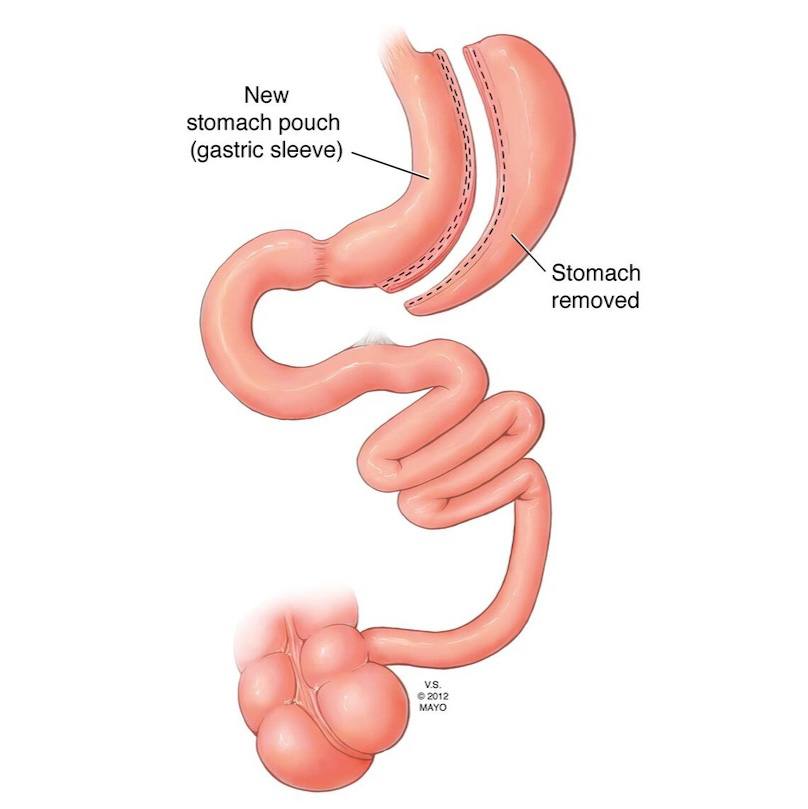-
Research
What’s the best treatment for this condition? The Knowledge Synthesis team can help.
Knowledge synthesis is a key component of health care delivery research in which all available evidence on a particular topic is summarized through comprehensive literature searches and analyzed using advanced qualitative and quantitative synthesis methods.
The Knowledge Synthesis Program in the Mayo Clinic Robert D. and Patricia E. Kern Center for the Science of Health Care Delivery is led by M. Hassan Murad, M.D., medical director, and Zhen Wang, Ph.D., scientific director. Irbaz Riaz, M.B.B.S., directs the program’s living evidence platform that produces automated and continuously updated evidence summaries.

"It is well known that evidence needs to be appraised and synthesized before being translated to patient care," says Dr. Murad. "However, we are realizing more and more that this process needs to become faster and more efficient. Hence, we are proceeding with innovations such as automation and AI to make sure that clinical decisions are based on the most up-to-date data."
The program collaborate with researchers from across Mayo Clinic as well as nationally and internationally. Their work covers a range of topics, often providing insights into the relative effectiveness of different interventions for a particular health condition.
Recently they and their colleagues have published a number of studies focusing on hepatobiliary and genitourinary systems.
Treatments for people with chronic liver disease
For example, in "Systematic review with network meta-analysis: comparative efficacy of pharmacologic therapies for fibrosis improvement and resolution of NASH," the research team investigated the medications currently being used to treat nonalcoholic steatohepatitis (NASH) — a common cause of chronic liver disease.
The reviewers started with 4,820 titles and abstracts published between 2014 and June 23, 2020. They narrowed these down to 26 randomized controlled trials of therapies that measured improvement in the severity of liver fibrosis, and potentially complete resolution of the patient's nonalcoholic steatohepatitis. These trials included 5,129 patients and 23 interventions, with follow up durations from 24 to 104 weeks.
Although the investigators were able to narrow the field for clinicians and patients, they say there is still room for more research – both building the evidence for some of the treatments with low certainty on efficacy, as well as investigating new interventions.

New artificial intelligence solution to keep on top of evidence for kidney cancer — and soon other diseases?
In "A Living, Interactive Systematic Review and Network Meta-analysis of First-line Treatment of Metastatic Renal Cell Carcinoma," the research team created a dynamic tool to help providers stay on top of the rapidly evolving research findings regarding treatments for this devastating diagnosis.
In a network meta-analysis, different treatments are compared to each other, even in the absence of a randomized controlled trial of comparative effectiveness. When the science is changing quickly, traditional systematic reviews become outdated rapidly.
To address this issue for metastatic renal cell carcinoma, a.ka. kidney cancer — and undoubtedly many other medical conditions in the future — the team developed a '"living" interactive evidence synthesis (LIvE) framework.'
They further developed a web-based platform to house the LIvE framework and the resultant living, interactive systematic reviews.
As the team notes in the paper, "the LIvE synthesis framework handles the data in three steps: data preprocessing, data annotation and analysis, and visualization." For the pilot analysis described in the paper, this includes an automated, monthly collection of new, relevant randomized controlled trials; followed by semi-automated study selection and data extraction. The process is completed by the "analyzer module" of the framework, providing automated data analysis and update to interactive visual representations.
"LIvE framework is the future of systematic reviews and meta-analysis," says Dr. Riaz. "Advanced progamming and AI methods can help update the evidence in 'almost' real time. Interactive features on our website allow clinicians, patients and policy makers to assess data through different lenses and it's all transparent!"
"There still is human engagement required at some parts of the process," continues Dr. Murad, "but the automated aspects make this exponentially quicker, and less prone to error. And we continue to work on refining the tool."
Managing pain for patients with pancreatic cancer
When conducting the study "Endoscopic pancreatic duct stenting for pain palliation in selected pancreatic cancer patients: a systematic review and meta-analysis, the research team aimed to determine if the endoscopic pancreatic duct stenting procedure could be a safe, effective option — ideally replacing the frequently prescribed opioids for some patients.
The majority (~80%) of patients with pancreatic cancer report debilitating abdominal pain. Opioids are commonly prescribed, but have known risks, including potentially lessening lifespan. Stenting is a widely accepted practice for chronic-pancreatitis obstructive-type pain, but rarely employed for patients with cancer-related constriction.
The investigators conducted a systematic review through Oct. 7, 2020. They found 12 publications describing the cases of 192 patients in whom pancreatic duct decompression was attempted. Of these, it was successful in 167 patients, although a few patients required follow-on procedures to clear blocked stents or reposition migrated stents. Patients largely reported improvements in pain, either partially or complete.
No randomized controlled trial exists — the gold standard for evaluating the effectiveness of an intervention, so the team recommended further research. Due to the challenging nature of the stenting procedure itself, they also encourage only experienced endoscopists to consider the intervention.
Studies like these are used to inform practice guidelines at Mayo Clinic as well as those issued by national and international bodies, many of which have close collaboration with the Knowledge Synthesis Program within Mayo Clinic Kern Center for the Science of Health Care Delivery. The information is also of value to individual practices — summarizing the best available evidence for consideration during doctor – patient decision-making.
###
Related Articles







